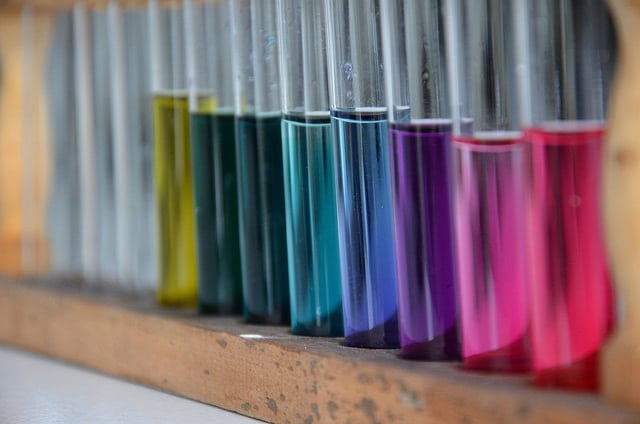
Source: Flickr user ironpoison_photos_69
The ACT science section can be an interesting test of skills for students.
While some may expect that it’s focused on the specifics, like the bones you learned in Biology or the elements you learned in Chemistry–and there is some of that–the bulk of the science section is actually focused on applying scientific thinking and scientific principals to read and understand information.
Think of it this way: Not everyone has taken AP Physics, but everyone has taken a science course in which they’ve learned about the scientific method and other basic principals.
What’s On the ACT Science Section
The science section of the ACT consists of several long passages explaining various scientific experiments, hypotheses, or findings.
These will be given in one of three formats:
- Data graphs, tables, or charts
- Summaries or descriptions of research
- Multiple hypotheses or viewpoints which may conflict with one another
For each passage, the student will be asked a series of questions about the content they’ve just read and asked to either summarize, analyze, or extract pertinent information from the passage. In many cases, this will require interpretation of charts or data that is presented.
What You Need to Know for the ACT Science Section
Keep in mind that the science section of the ACT is not focused on memorization or recall of specific scientific facts or figures. Although having a basic knowledge of formulas and terms can be helpful, the majority of the questions in this section are related to comprehension and application of scientific thinking and principals.
With that, here are some of the core concepts students should be prepared to address on the ACT science test:
- Scientific terms and principals
- Hypothesis
- Variables
- Experiment design
- Scientific equations and notation
- Complex fractions
- Units and measurement
- Unit conversion
- Evidence-based analysis
- Reliability of sources
- Integrity of data from experiments
All told, this test will be testing a student’s ability to read and interpret scientific information more so than knowing any particular facts or information.
While studying for the test, students will want to brush up on their familiarity with scientific equations and experiments as a way to prepare for what they’ll be asked to read and interpret on the test.
How to Prepare for the ACT Science Section
Because the ACT science section is more a test of critical thinking and applied knowledge, rather than simple memorization, it can seem difficult for students to adequately prepare.
Luckily, there are many resources for students to help them get a better idea of the kinds of questions and exercises they can expect on the test. Not the least of which is the ACT student website. Here you can find a number of sample passages along with the corresponding questions.
For more study materials, see our post on 5 Online ACT Test Prep Tools.






